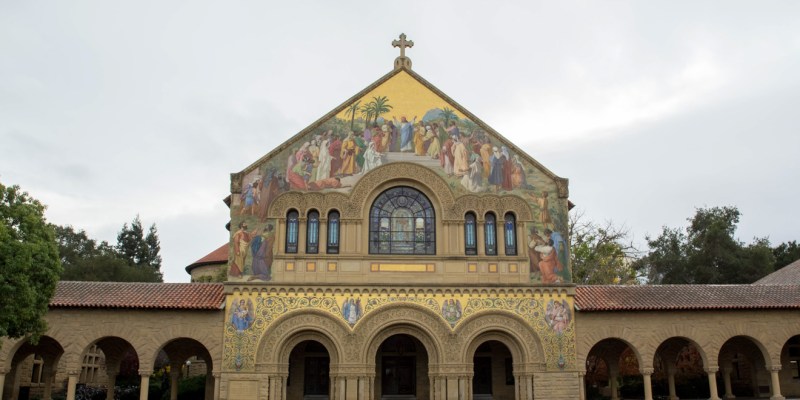Following a Nov. 8 proclamation by the Trump administration — which asserted that it had the power to deny asylum to any migrants who cross the U.S.-Mexico border illegally — and the Nov. 25 closing of the San Diego border crossing in response to hundreds of migrants who rushed the border, Stanford has reaffirmed its commitment to offering resources to students who may be impacted by the Trump administration’s immigration policies.
The Nov. 8 proclamation, effective immediately, prevents people from applying for asylum if they are not at an official port of entry to the U.S. This power extends from the same powers used to establish a travel ban from majority-Muslim countries in 2016.
On Nov. 20, Judge Jon S. Tigar of the United States District Court in San Francisco issued a temporary restraining order (TRO) on the proclamation, preventing the policy from taking nationwide effect until a final decision regarding the policy is made in court.
Controversy over the Trump administration’s proclamation comes at a time of highly polarized immigration debates roiling the United States. The debate turned explosive on Nov. 25, when the United States shut down the San Diego border crossing and used tear gas to repel migrants who rushed the border. Many of the migrants claim to be seeking asylum in the United States and would be directly affected by the Trump administration’s proclamation.
According to University spokesperson EJ Miranda, the University has stood by its previous statements that any policy preventing the free flow of people and ideas, such as the travel ban, is antithetical to Stanford’s mission and values.
“Stanford has continued its federal advocacy for legislation and policies that are in accordance with those foundational principles of immigration,” Miranda wrote in an email to The Daily.
He added that the University “has not shared student records with immigration enforcement branches of the federal government, such as ICE [Immigration and Customs Enforcement].”
In previous moves by the Trump administration to restrict immigration, Stanford maintained that its principles remained unchanged. An official University statement notes that, “While the Court has upheld the [travel] ban, our principles have not changed.”
“Since the implementation of the original travel ban, Stanford has been very clear about its commitment to welcoming students and scholars from all over the world,” Miranda wrote. “That commitment remains firmly in place today.”
According to Miranda, the Nov. 8 proclamation regarding asylum is “unlikely to affect many Stanford students because it focuses on individuals who entered without documents and subsequently applied for asylum.” Specifically, he noted that Stanford students and researchers who apply for asylum would likely enter the United States using a visa and would therefore be exempt from the new rule.
Regardless, the University is taking steps to ensure that impacted communities have resources. For instance, The Bechtel International Center offers resources in order to make sure that students can have recourse.
The Stanford Law School’s [SLS] Immigrants’ Rights Clinic has also been involved in advocacy and litigation on asylum-related issues.
“[The clinic] was founded in 2005 to represent asylum seekers and [has] been working on advocacy and litigation more broadly on asylum-related issues for years,” said clinic director and SLS professor Jayashri Srikantiah.
According to Srikantiah, the Immigrants’ Rights Clinic has an ongoing collaboration with the Bechtel International Center, where they aim to provide immigration resources to the Stanford community through holding know-your-rights presentations and offering advice on policy changes such as the Travel Ban.
Contact Sean Lee at seanklee ‘at’ stanford.edu and Sammy Mohammed at sammym ‘at’ stanford.edu.
